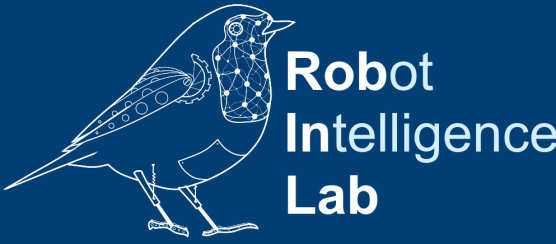The long-term research goal of our lab is to advance the level of intelligence of robots. The term "robot intelligence" is very broad and includes both cognitive (mental) aspects and physical (motor) aspects of intelligence. In particular, we focus on physical motor skill learning of challenging (often dynamic) tasks for highly complex (usually humanoid) robots.
Our research work often leads us to develop novel artificial intelligence algorithms for robotic applications. Sometimes, we first need to build the physical robot before we can apply learning algorithms, especially when some part of the intelligence is embedded in the hardware itself (e.g. embodied cognition, morphological computation).
Despite its explosive growth, robotics is still a relatively young discipline. There are significant opportunities for disruptive innovations that can change the direction of the field. The Robot Intelligence Lab focuses on robotics research that seeks such innovations in the design, control, and intelligence of robotic systems. The ultimate goal would be to advance the decisional autonomy of robots, improve their dexterity in manipulating objects, and increase their agility in legged locomotion.
Research Themes
Research Themes
What can our robots do?
Contact us






